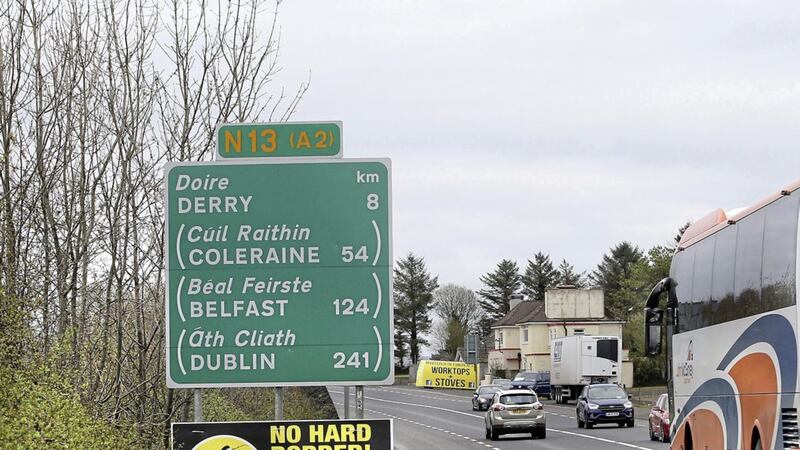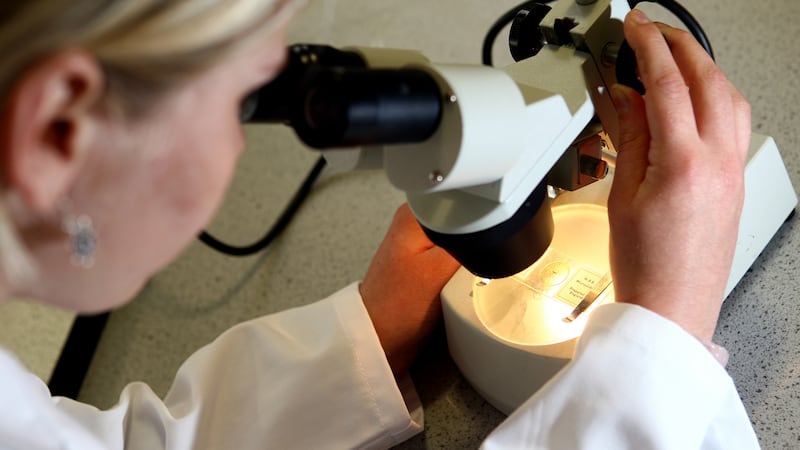IF you're in any doubt how important free movement across the border is you need look no further than page nine of this newspaper, where US President-elect Joe Biden is again stressing how it's crucial that people and goods move unhindered between north and south – and vice-versa – after Brexit.
The frontier created when the island was partitioned nearly a century ago has long been a bone of contention, and while its significance dwindled to some degree after the Good Friday Agreement, it returned to prominence in recent years and has been at the centre of the protracted negotiations between the EU and British government.
There is no suggestion, for the meantime at least, that the Dublin government plans to somehow close the border. Even if they wanted to, it would be impossible from a practical point of view and, more importantly, politically explosive.
However, the different north and south conoranvirus infection rates highlighted by Leo Varadkar in the Dáil on Tuesday, and again yesterday while talking to journalists, pose serious questions for the Republic's government. How does the south maintain their comparatively low number of Covid cases while allowing people from a neighbouring jurisdiction where infection rates are higher to move freely in theirs?
Yet what the tánaiste's remarks overlook is that cases in Donegal are the highest in the Republic and are actually outstripping those across the border in Derry. There has been a recent increase in Gardai presence on the main Derry-Donegal roads and while stopping traffic and delaying drivers discourages cross-border movement, they are powerless to stop it. Even if they called in the Irish Army to address the manpower problems, no legal basis exists to turn people back.
Dublin government sources recognise the sensitivities of any suggestion that they'd even contemplate closing the border and accordingly they are playing down the issue, but privately they must recognise the dilemma they find themselves in.
In another rather peculiar development, a statement from the British government's Cabinet Office at the weekend said it is recognised that many people in Northern Ireland would want to travel "across the entire island" during the festive period. Again, Dublin government sources have sought to discount this uncharacteristic intervention from Whitehall.
What if anything this potential controversy illustrates is the folly of having two, unaligned approaches to Covid on a single island. Since March we've had lots of rhetoric about the need to coordinate the response to the pandemic but little action.
If a third wave hits the Republic in January will the 'Nordies' get the blame or shall we see some measures before Christmas that prevent such an eventuality?








